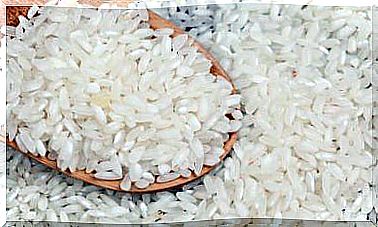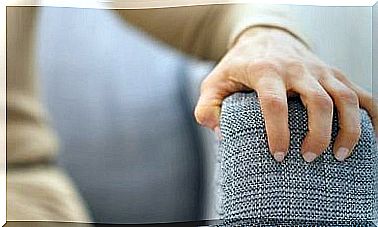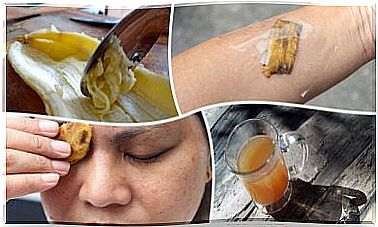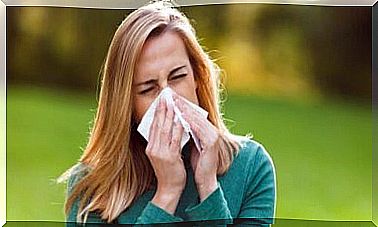Find Out How To Keep Your Bones Healthy
Our bones are the scaffolding and support of our body. If they fail us, it is difficult for us to lead a normal life, and even stay on our feet. It would be very difficult to lead an active and healthy life without good quality in our bone tissue, without healthy bones.
Therefore, the first thing we must know is that our bones reach their maximum density at 30 years of age. From there, we begin to lose more bone density than we generate. Therefore, the sooner we start to take care of ourselves, the greater the wear and tear prevented on the bones.
This is possible because, since it is living tissue, our bones are continually regenerating, creating new tissue and eliminating the old one. That, of course, works in our favor …
Lifestyle Effects on Bones
Age
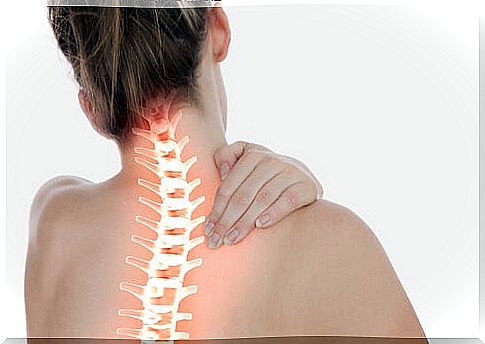
Until adolescence, bone production exceeds losses. However, in mature age, and as a consequence of the drop in the concentration of steroids (especially in postmenopausal women), bone mass is lost.
Aging reduces the mass of the bones and makes them more fragile. They demineralize and, for example, absorb calcium worse. This decomposition process begins at about 30 years of age.
It is important to know that, after that age, women can lose 8% of bone mass every 10 years and men 3%. That is why we must start taking care of our bone health as soon as possible.
Body size, body composition and obesity
Small skeletons are at higher risk for osteoporosis, while taller people are at higher risk for hip rupture.
Likewise, in both young people and men , a high relationship between lean and fat mass has been identified with better bone mineral mass. However, in postmenopausal women it seems that being overweight (low ratio between lean mass and fat) could be taking care of bone mineral mass according to some studies.
Physical activity
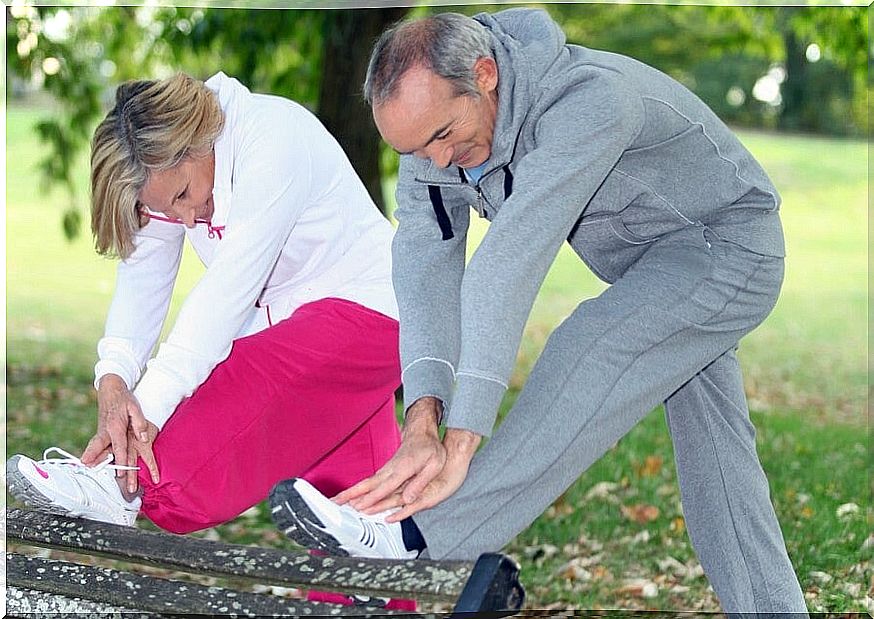
Physical activity acts as a modulator of bone mass at all stages of our life. Physical exercise has osteogenic effects, which is why it helps to produce collagen and deposit mineral salts. In short, to keep our bones healthy.
Tobacco
Tobacco use has been associated with reduced bone density. However, the mechanisms by which this deterioration occurs are still unclear.
Pathologies
As various studies show, anorexia, bulimia or intestinal absorption problems are related to bone density problems. In the case of the first two, it is due to a nutritional and hormonal deficit, as well as an excess of exercise.
In any case, all the problems derived from these pathologies must be directly treated by a specialist doctor in order to prevent and alleviate these complications.
Programs to keep bones healthy
Although the biological circumstances of each sex are different, we must all take care to prevent wear and tear and keep our bones healthy.
There are drugs that prevent bone breakdown, although these should always be prescribed by our doctor. We also have natural methods that can help us. Let’s see what aspects should be highlighted:
Diet
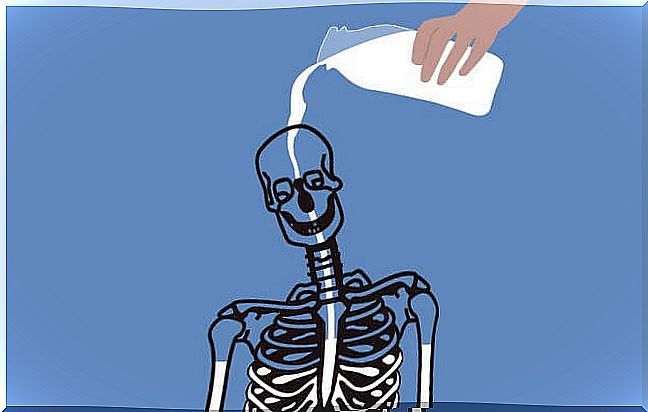
We must always guarantee the contribution of foods rich in certain nutrients. But which ones are essential for healthy bones? According to this study published in The Journal of Nutrition , these would be some:
- Calcium is the main mineral in the composition of bones. It can be taken through food, supplements, or a combination of both.
- Magnesium is very important to ensure calcium absorption. As with calcium, the contribution can be made through supplements, food or both.
- Manganese. The recommended dose is about 2 mg daily.
- Vitamin D is essential to ensure the functioning of our body. It has a very well defined role on bone health (increases intestinal calcium absorption, mobilizes calcium and phosphorus from bone, and increases renal reabsorption of calcium and phosphate).
- Boron is a trace mineral present in fruits, nuts or vegetables that reduces the loss of calcium and increases the level of estradiol beta 17 (the most biologically active estrogen).
- Vitamin C is essential when it comes to synthesizing and repairing collagen.
Limit caffeine
Caffeine increases the rate of calcium loss through urine, as shown by various studies. Therefore, the daily consumption should be limited to no more than one or two cups of coffee.
Eliminate cola or other foods
Foods rich in phosphorus reduce the absorption of calcium. This, especially if we consume too much phosphorus and not enough calcium, could end up affecting our bone density, as some studies show. That is why we should avoid the habitual consumption of all those drinks or carbonated soft drinks.
Exercise
Two 40-minute sessions a week can help us preserve and increase our bone density. In the same way, we must take care of our postural hygiene, not force our joints and keep our bones in natural positions.
Although it is true that women deserve a special mention when it comes to taking care of their bones, we must not forget that men often neglect their bone health …
Although it is true that the problems do not derive from such changing hormonal issues, with age the bones weaken and become prone to fractures (hip breaks and other types of osteoporotic fractures).
Therefore, whether we are men, women, children, adults, young or old, we must pay attention to taking care of ourselves to keep our bones healthy for as long as possible, guaranteeing them a nutritional contribution and a healthy lifestyle.



